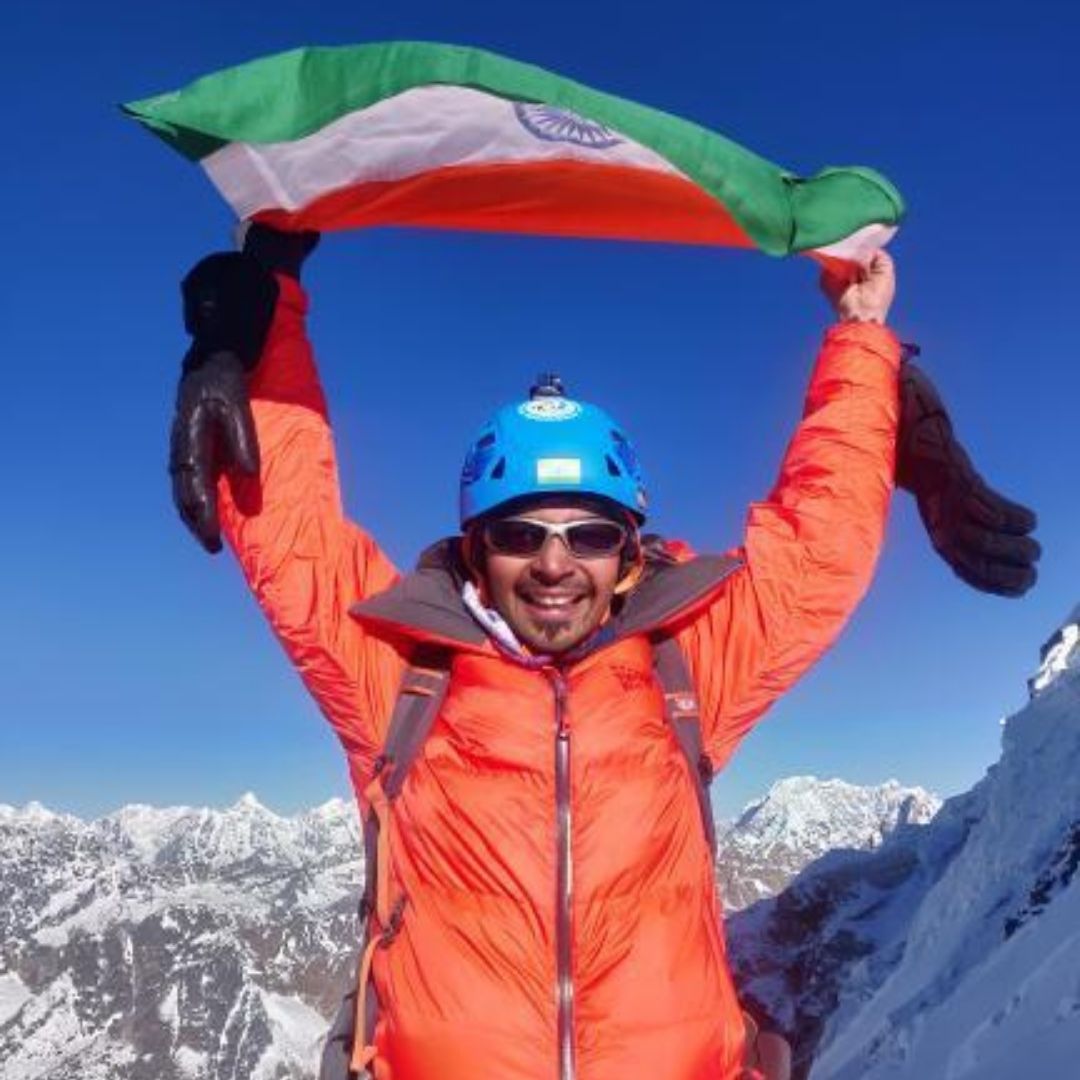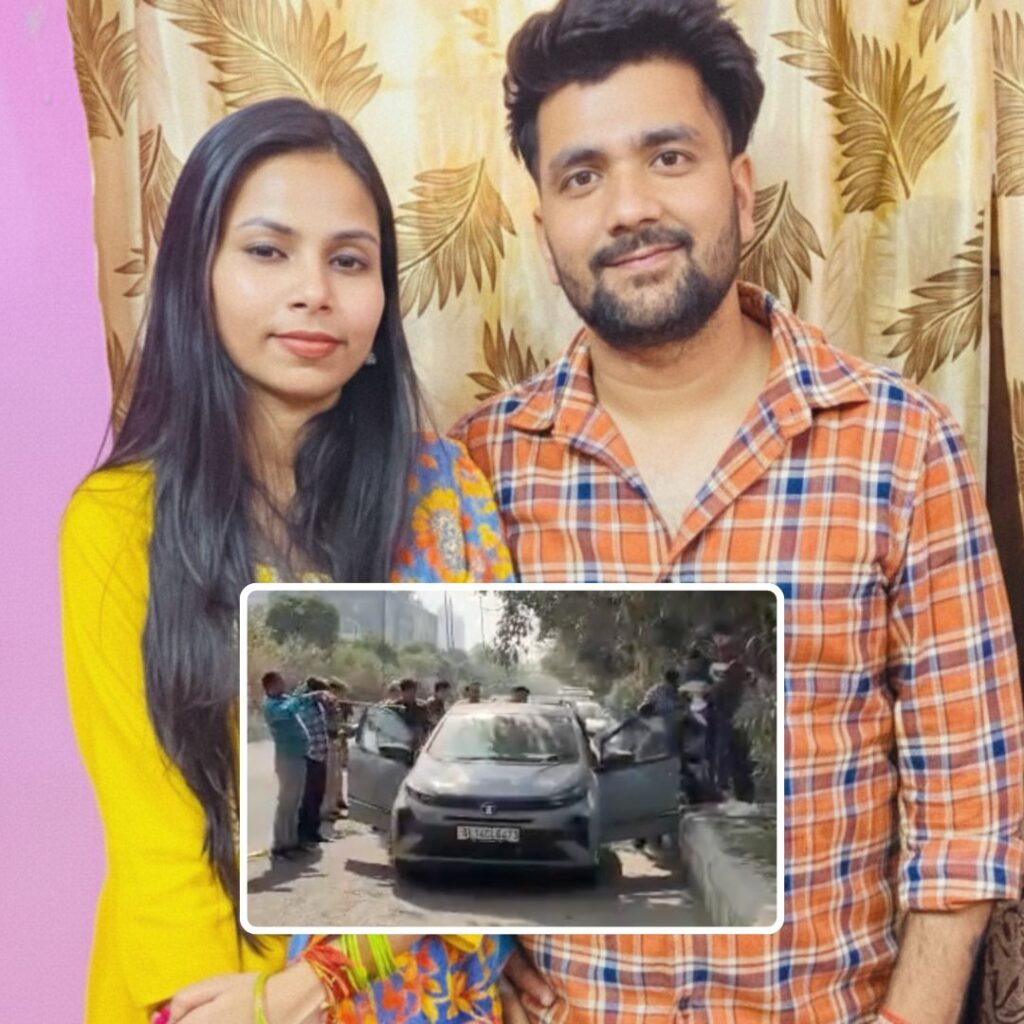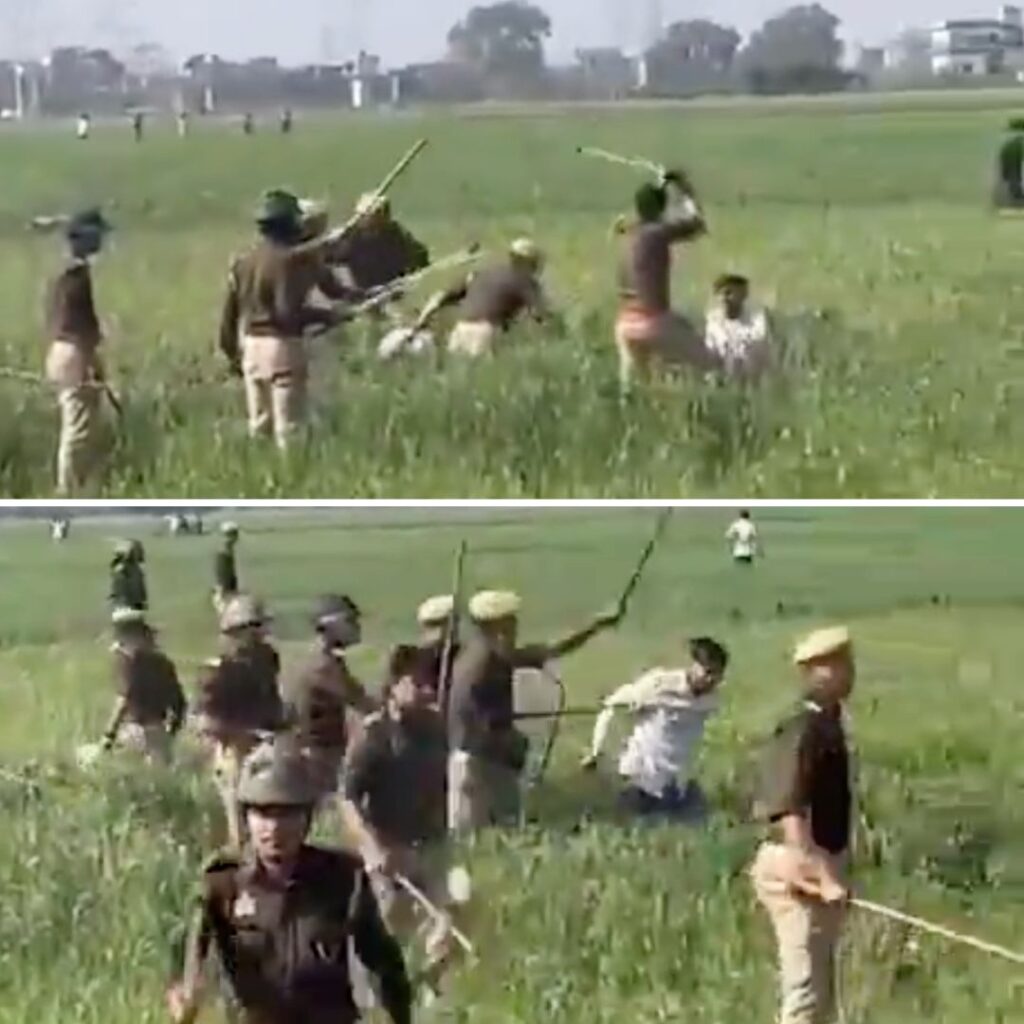My journey started long back when I was in 7th grade. My family used to go on a trip to Manali every year during my school vacations. So my dad once asked me casually, “What would you do with your vacations?”. He was quick to tell me again, “Why don’t you go on a hike? You will learn something of it.” It sounded fascinating to me.
I went on my first trek to Manali, and it was magical. Once you step into the Himalayas, there is no going back. You completely lose yourself and are not the same person you used to be before. Something hit me right there. My curiousity level took a toss. I was absolutely in love with the mountains.
Mountaineering As Profession
Every year, as a hobby, I started visiting the place. After a specific time, I decided to convert my passion into a profession. By then, I had done many treks. Deep inside, I knew this is not going to be an easy journey, but I had to find a way out to stay connected to my passion. I told my parents that I wanted to be a professional mountaineer and they agreed, after showing little resistance.
I left my engineering degree in the final year and started pursuing mountaineering courses. After completing them, I started aiming for small peaks and eventually succeeded. Then I learned about Mount Everest and how it is regarded as every mountaineer’s dream. But then I read how dangerous and deadly the mountain is. I told myself not to rush things up and go there gradually.
In 2017, I climbed Mount Manaslu—the world’s eighth-highest mountain and Mount Cho Oyu—the world’s sixth-highest mountain. After having a good experience, I wanted to now aim for Mount Everest but differently.
Breaking Record
I thought of breaking the national record. I climbed Mount Everest and the neighbouring Mount Lhotse in just six days. I was recognised by the Government of India and received the Tenzing Norgay National Award from the President of India, Ramnath Kovind.
Slowly and steadily, my projects kept on increasing with each passing day. Last year, I climbed Mount Annapurna, which is regarded as the world’s deadliest mountain. I became one of the mountaineers of the world who has summited all the highest peaks in one go.
This year, I plan to do ‘Project Tri Summit’ i,e, climbing three 8000m above mountains in a single season. I will be attempting Mount Kanchenjunga, Mount Makalu and Mount Dhaulagiri. Once I climb all three, I will become the first and fastest Indian to climb all 8000m above peaks in a span of seven years.
Mount Stok Kangri in Ladakh has been the most challenging till now in my life. I and one of my friends climbed it in winters in 2018, it was around minus 55 degrees on the top. We were climbing up and down for straight 22 hours, which made us extremely exhausted and dehydrated. Because of the extreme cold, there was no blood circulation in my right-hand thumb. It froze completely and became as hard as a stone. Left with no other option, I had to cut it eventually.
‘Lost My One Thumb’
I was shattered. I could not sleep for 2-3 months. It was so painful that I would cry every night. The worst part was that the time was crucial for me as I was supposed to climb Everest that year. Due to obvious reasons, I couldn’t execute my plans and shifted them to next year. My morale was down and questions like “Will I ever be able to climb again? Will I face the cold and winds of mountains again? would continuously pop in my mind. But then I convinced myself that I had to keep trying no matter what. One bad day doesn’t mean it can happen every time. I just gathered my strength somehow and climbed Cho Oyu in Tibet, the same year.
I regained confidence and told myself that now I was ready to scale the highest mountain in the world. I started preparing myself, trained rigorously for seven hours a day, pushed myself hard. Finally, Everest happened in 2019!
What I have learned over these years is that the mountains demand a lot. It is always important to be safe. If you are alive today, then only you can climb 10 more mountains tomorrow. A successful mountaineer is not the one who goes and perishes in the mountains but is the one who comes back to tell the stories of their adventures. Going up is optional but coming down is compulsory. One should always be aware that unless and until you are back safely, be alert and plan things well.
If you too have an inspiring story to tell the world, send us your story at mystory@thelogicalindian.com












